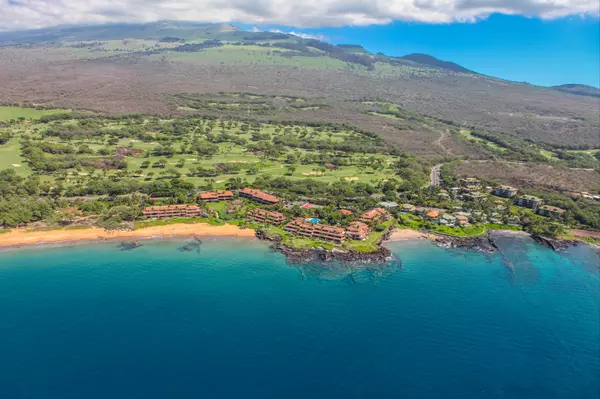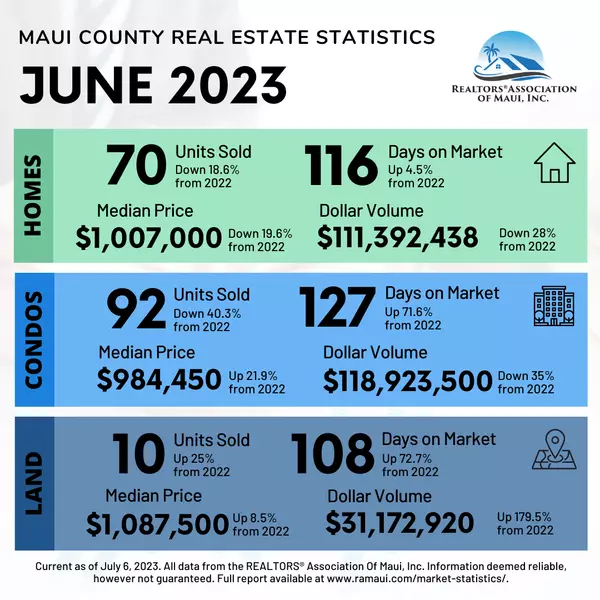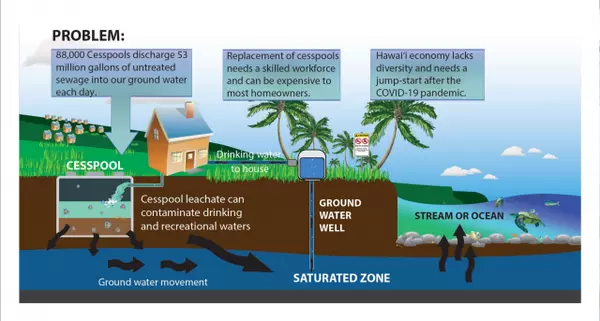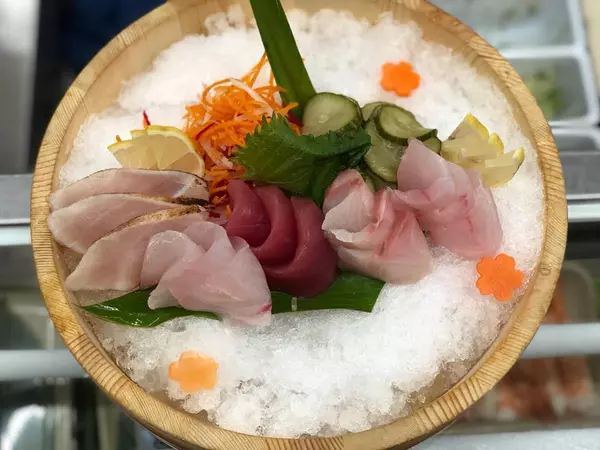
Savoring the Finest Sushi in Maui - Maui's Best Sushi Restaurants
Aloha sushi enthusiasts! I'm Gray Marino, a seasoned Maui Realtor with 18 years of experience in the real estate industry, primarily focused on the Title & Escrow sector. But today, we're going to switch gears from real estate to a topic close to my heart - the exquisite world of sushi in Maui. Havi

Regular System vs Land Court: Understanding Property Ownership in Hawaii
Understanding Property Ownership in Hawaii: Regular System vs Land Court In the Hawaiian real estate landscape, property ownership recognition operates under two distinct systems: the Regular System and Land Court. Each plays a unique role in shaping the way property ownership is determined and reco
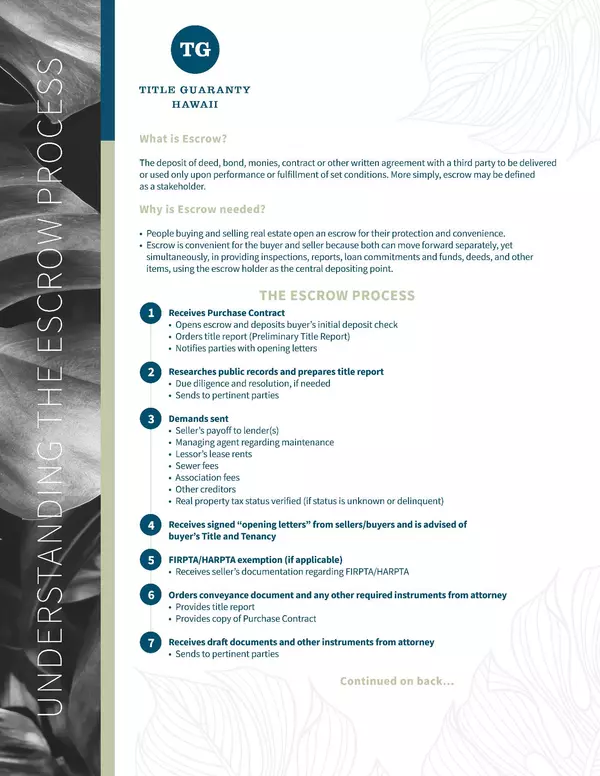
The Closing Process in Hawaii: From Contract to Closing
Understanding the Closing Process in Hawaii Welcome to my blog! As a real estate expert with nearly two decades of experience, I've navigated the distinctive landscape of Hawaii's real estate process countless times. Today, I'll guide you through the closing process in Hawaii - from contract agreeme
Categories
Recent Posts

